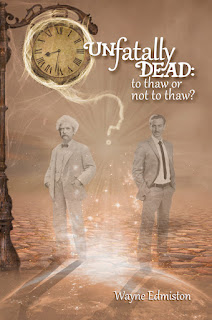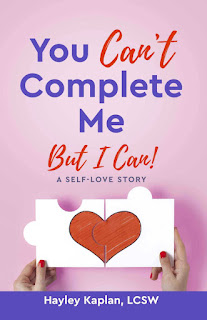In an homage to his late wife, Sherry Plaster Edmiston (1944-1989), Wayne has crafted a tale mixing fact, fancy, and a heavenly bureaucracy, all centered on the fate of one Walter Elias Disney and his sidekicks Mark Twain and soul-in-training Eepia, who tells the others that “art, science, and religion are interrelated, part of the Universal triune.”
Disney died in 1966, but his body was cryogenically frozen. At the same time, “a place known to all who have passed into the wild blue yonder, Heaven’s Creative Department is headed up by Walt Disney himself.”
As the angel Gabriel makes clear, Walt has a choice. He can remain or return to his body to be resuscitated and, if all goes well, bring his creative spark to new generations. “Unfatally Dead: To Thaw Or Not To Thaw?” ($14.99 in paperback from WEDmiston Publishing; also for Amazon Kindle and audiobook formats), adapted from a 1986 screenplay, is indeed the question.
In order for Walt to decide, he, Sam Clemens, and Eepia are sent to various venues to see what has transpired after their deaths. Eepia in the beginning remains a shimmering presence, while Disney and wise-cracking Clemens take on their human forms and keep altering the timeline by interacting with others.
The trio flits from Haight-Ashbury in 1968, to Menlo Park in 1973 (where Clemens takes a bite out of an apple and hands it to a young man at a garage sale named Steve Jobs), to Disneyworld, to Hurricane Katrina—their presence mystifies (especially when they suddenly disappear)—and inspires.
A girl named Sherry finds inspiration. “The gigantic screen zeroes in on the young cartoonist they had just been discussing. In the bottom left corner of the screen, a time stamp indicates the year, 1957, when the young girl was enrolled in a junior high school reading classroom in Chico, California.”
Walt’s decision? Readers will need to join the wild ride that rivals Mr. Toad’s.



